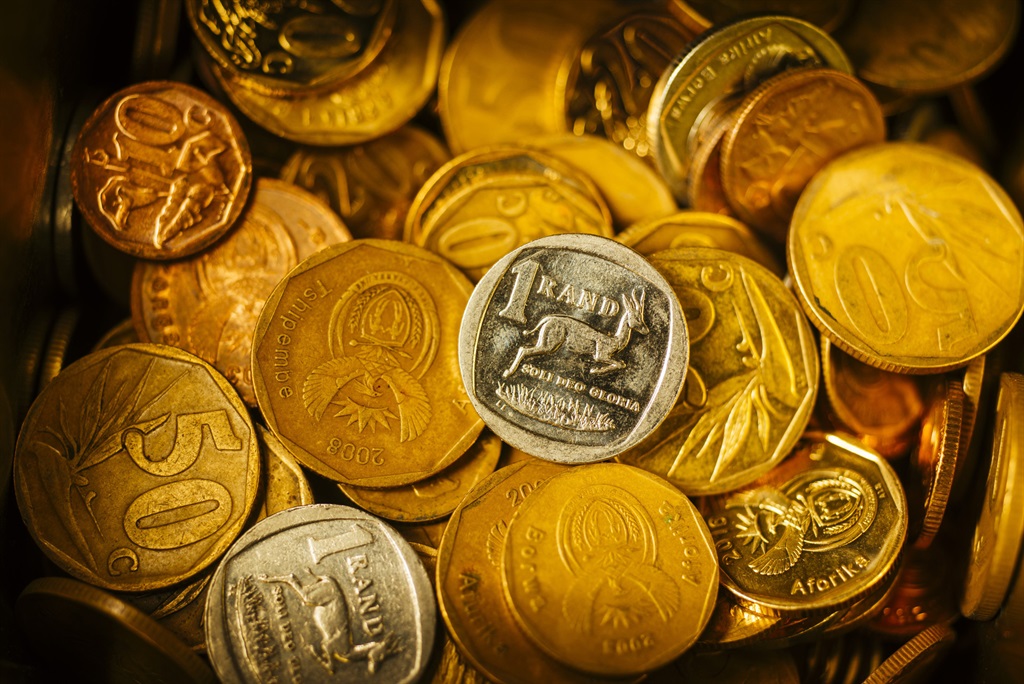
A weaker rand will feed through to higher prices, particularly on imported items and the extent will be affected by several factors, such as the specific category of electronic appliances, pressures on the suppliers’ or retailers’ margins, levels of stock in the distribution chain and the duration of the currency weakness.
Mark Wood of Incredible Connection said items that were fully imported moved quickly. And, when the retailer held a low-stock cover, consumers would see a translation into high shelf prices sooner rather than later. This would typically include cellphones or computers as these items are totally dependent on the rand/dollar rate. “Apple, for example, is brought in every week and most distributors and retailers hold as little stock as possible.”
However, for goods that were brought in less frequently or when the supplier had some stock in hand, the weak rand might be mitigated to some degree. For example, the supplier might have stock on hand that was bought at R12/dollar. Retailers could use this to soften the price increase on new stock by using a moving-average cost, “overcharging” on the existing stock, but “undercharging” on the new stock. Depending on what price the stock was bought at and what forward cover the importer had in place, Wood said the actual shelf price could vary as much as 20% away from the actual rand/dollar price.
With items that are not imported – but the components of which are imported and assembled in South Africa – short-term movements in the rand had less effect.
Marion Stander, marketing director at Home of Living Brands, said the short-term rand volatility was less of a price determiner than the cost pressures on component parts coming out of Asia. South Africa imports components from Asia, predominantly China. She said there tended to be a lag period between ordering components, arrival in South Africa, assembly and the time the item was bought from the South African supplier by the retailer. This, she said, meant it would take time for rand movements to feed through to prices on the shelves. In many cases the importer takes forward cover on the rand. This means that the importer pays a premium to fix the rand/dollar price for a specified period in advance. This could mitigate some of the rand weakness. If the rand weakness is short-lived, there is a chance it might not translate into higher prices. It was only when there was sustained rand weakness that the local prices would start to reflect this.
Stander said what was of greater concern was that labour and factory costs were rising in China, partly because of inflation pressures on higher wages, but also due to a pollution tax now levied by the Chinese government as part of the “blue sky initiative”.
Stander said companies that could not comply were either shut down or faced heavy fines. This was leading to higher component and packaging prices, ultimately driving up prices for consumers.
However, Stander said retailers were pushing back and they were trying not to pass on higher prices to consumers until next year. “Retailers will try to keep current prices and will not put through increases between Black Friday [November 23] and the New Year, which means the supplier has to take the knock,” said Stander, adding that in some cases the price pressure forced them to pass on increases to the retailer, especially in the case of fully imported items which had less lead time. In this case the retailer would either be forced to pass on the increase to the customer or might choose to run at reduced margins until the New Year.
Before you use the weaker rand to justify spending, remember the cost of debt will mitigate any benefit you might get from lower prices. If you have the cash saved and were planning on the purchase, then buy sooner rather than later. But if you plan on taking out the credit card, rather save and pay the higher price in cash – it will still cost you less than the cost of debt.




 Publications
Publications
 Partners
Partners








